Commentaries
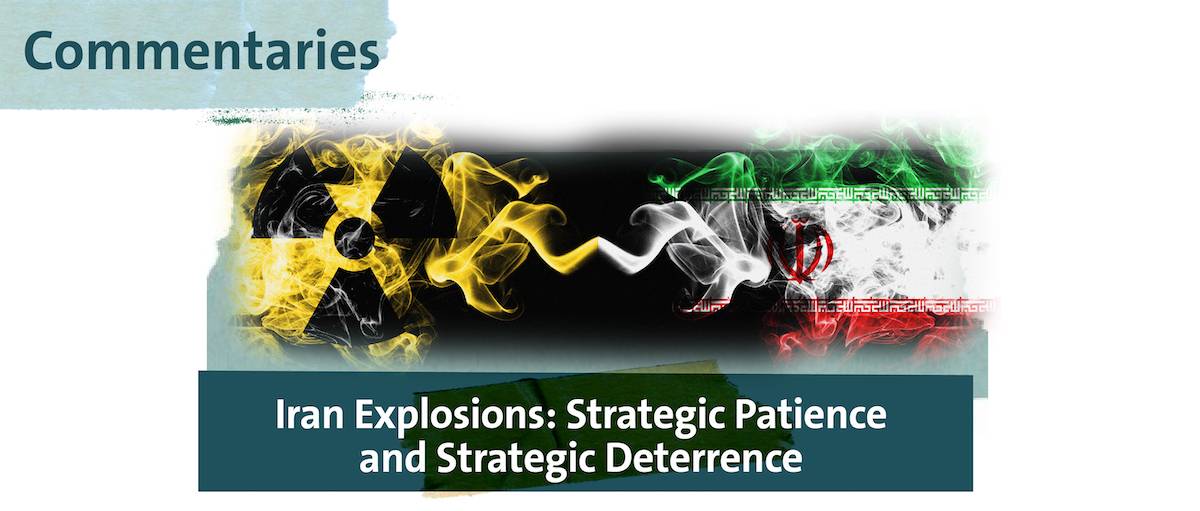
Number:
Author: Hasan Razi
The commentary deals with fires and explosions in Iran that have expanded in recent times. It highlights serious and unprecedented events in Iran's recent history, exposing economic and political damage, as well as trying to understand what is happening in Iran and those entities that are behind these events and their future repercussions on Tehran's regional and international relationship, on one hand, and the future of the Iranian regime in light of the domestic and foreign crises and the policy of pressures and containment that Washington is exerting against it on the other hand.

Number:
Author: Dr.Mark C Thompson
Based on a survey of more than 300 Saudi youths, this Commentary provides a ‘snapshot’ of current viewpoints and concerns of Saudi youth on their personal future, and specifically, their perceptions of the effect of the pandemic on their education.
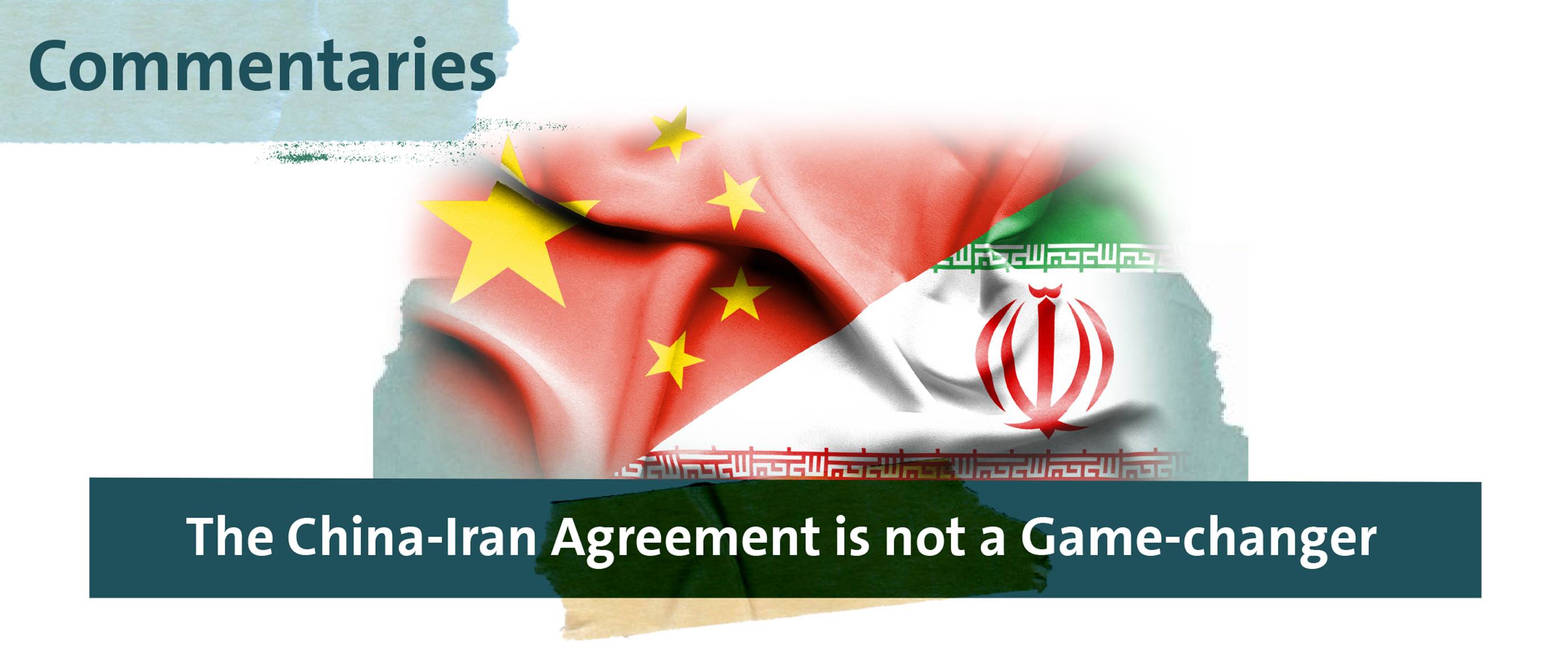
Number:
Author: Jacopo Scita
The commentary examines the recent 25-year China-Iran agreement, arguing that it is not, as had been claimed in various media sources, a 'game-changer' in the Gulf. Rather, the agreement establishes a road-map for bilateral cooperation that is similar to those between China and other actors in the region. The commentary argues that long-term cooperation is undermined by three macro elements: the lack of clear objectives and implementation mechanisms in the agreement itself; Iran's international situation; and China's relationship with the Gulf states.
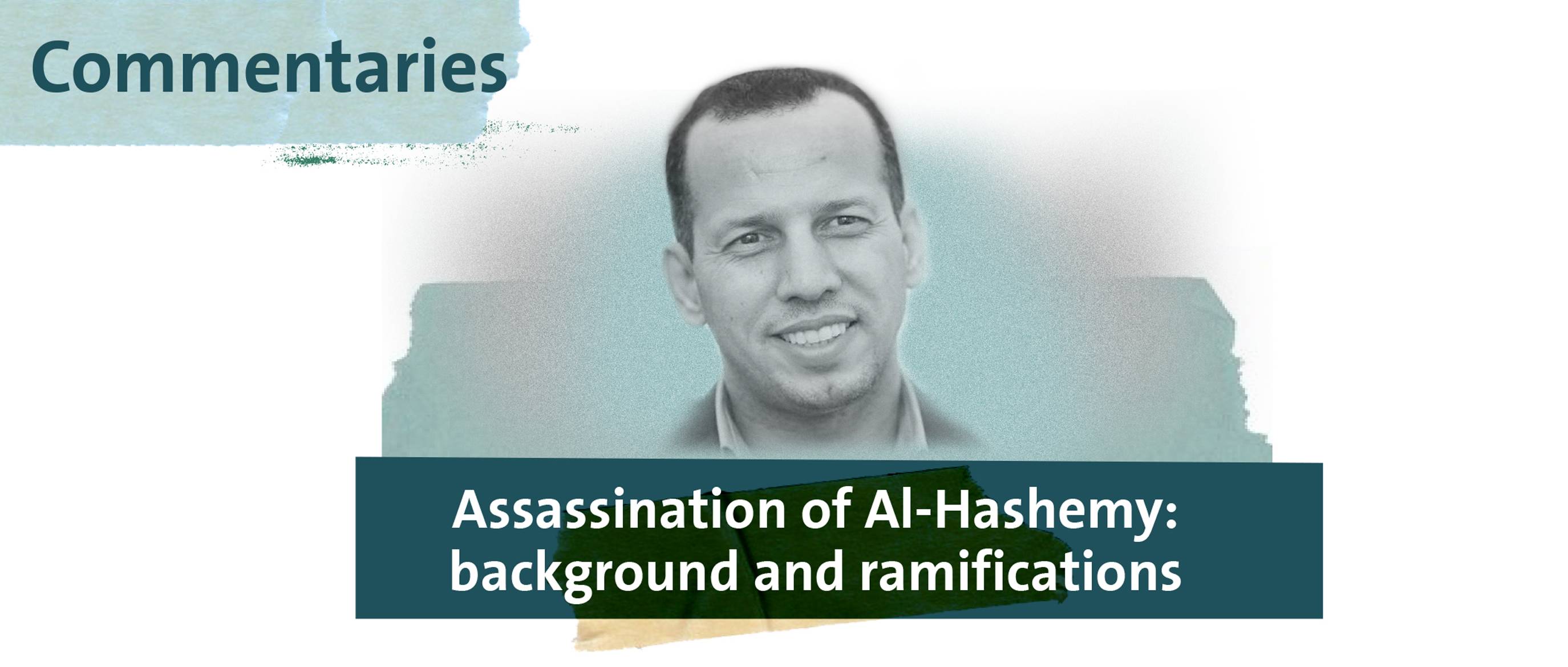
Number:
Author: Dr.Rasheed Al-Khayoun
This paper provides a detailed analysis of the motivations and ramifications of the assassination of the Hisham al-Hashemy, the expert on militant organizations. It reveals the importance of al-Hashemy’s work in exposing the activities of Iran’s allies in Iraq, which ultimately led them to silence him. It shows how his report on al-Hashd exposed the activities of the leadership of that organization towards undermining the Hashd factions loyal to Sistani, making al-Hashemy a threat to their existence. It elaborates on the response of the Iraqi government and show how their actions against the perpetrators will test the will and determination of the Iraqi Prime Ministe
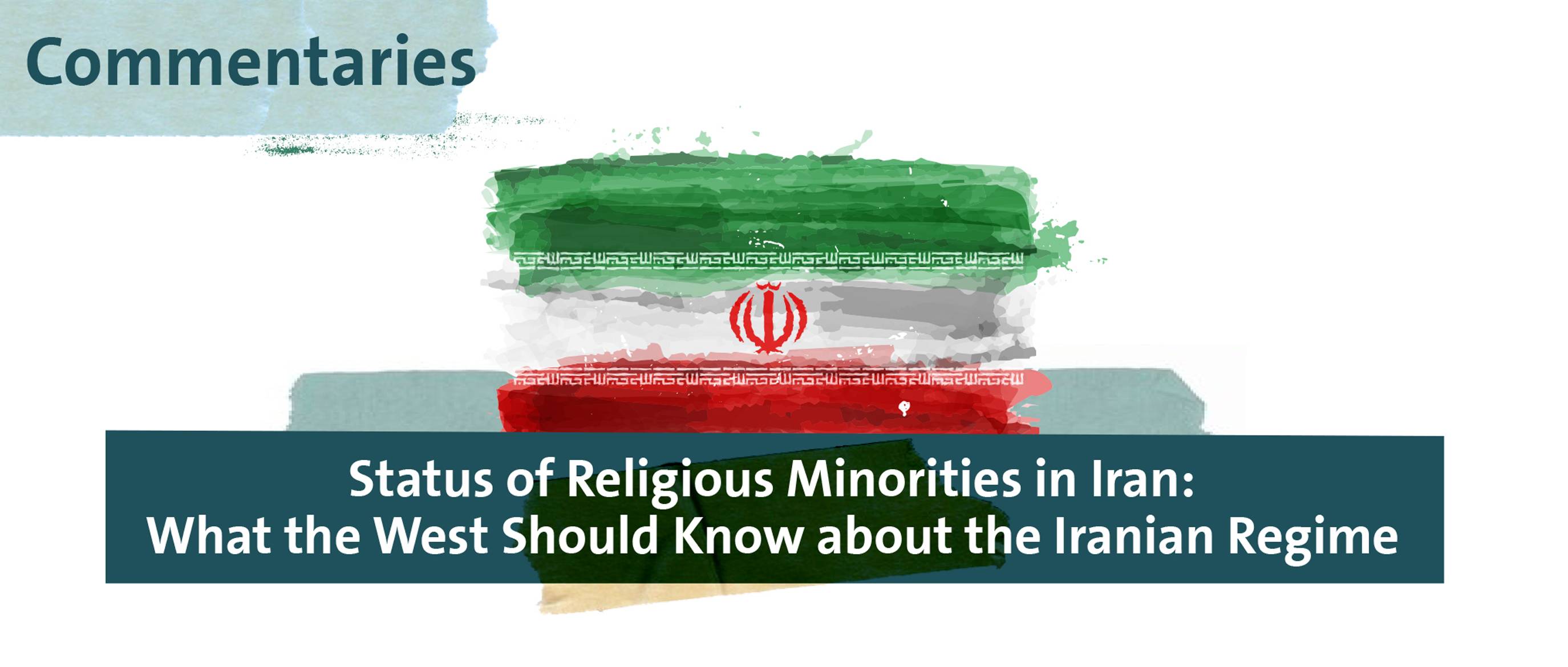
Number:
Author: Professor Lord David Alton, Dr. Wael Aleji
This article reflects on the deteriorating situation of religious freedom in Iran and warns Western politicians of the complex nature of the Iranian regime and the extremist ideology underpinning its politics and behaviors. This article argues that the phenomena, or notion of “global Jihad” is not an “exclusively Sunni product” but an ideology shared across all Political Islam Movements, Sunni and Shia alike, this fact is widely overlooked in the West. And whilst many Arab countries have taken drastic measures to counter extremism by challenging its narratives and interrupting its supply routes, Iran continues to spread sectarianism and religious extremis
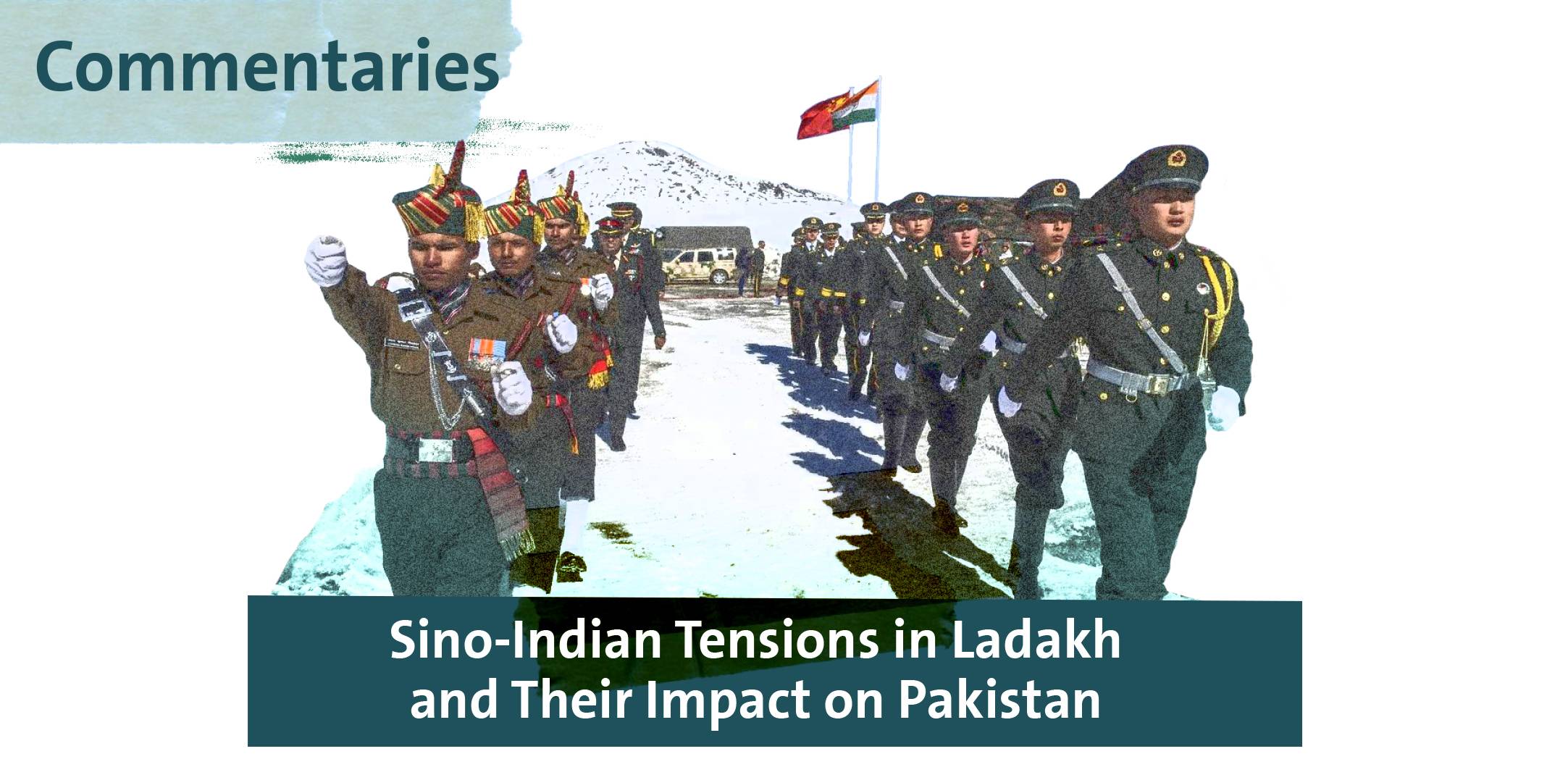
Number:
Author: Umer Karim
The Chinese-Indian engagement within Ladakh suggests that the Rubicon has been crossed and the bilateral relationship of both sides will never be the same. This change in strategic and tactical picture is invariably bound to impact upon Pakistan’s political and security calculus towards India. India may exercise strategic restraint against China but its weaker neighbors particularly Pakistan could be a target of its ire. Yet, Pakistan will not remain silent and respond in a
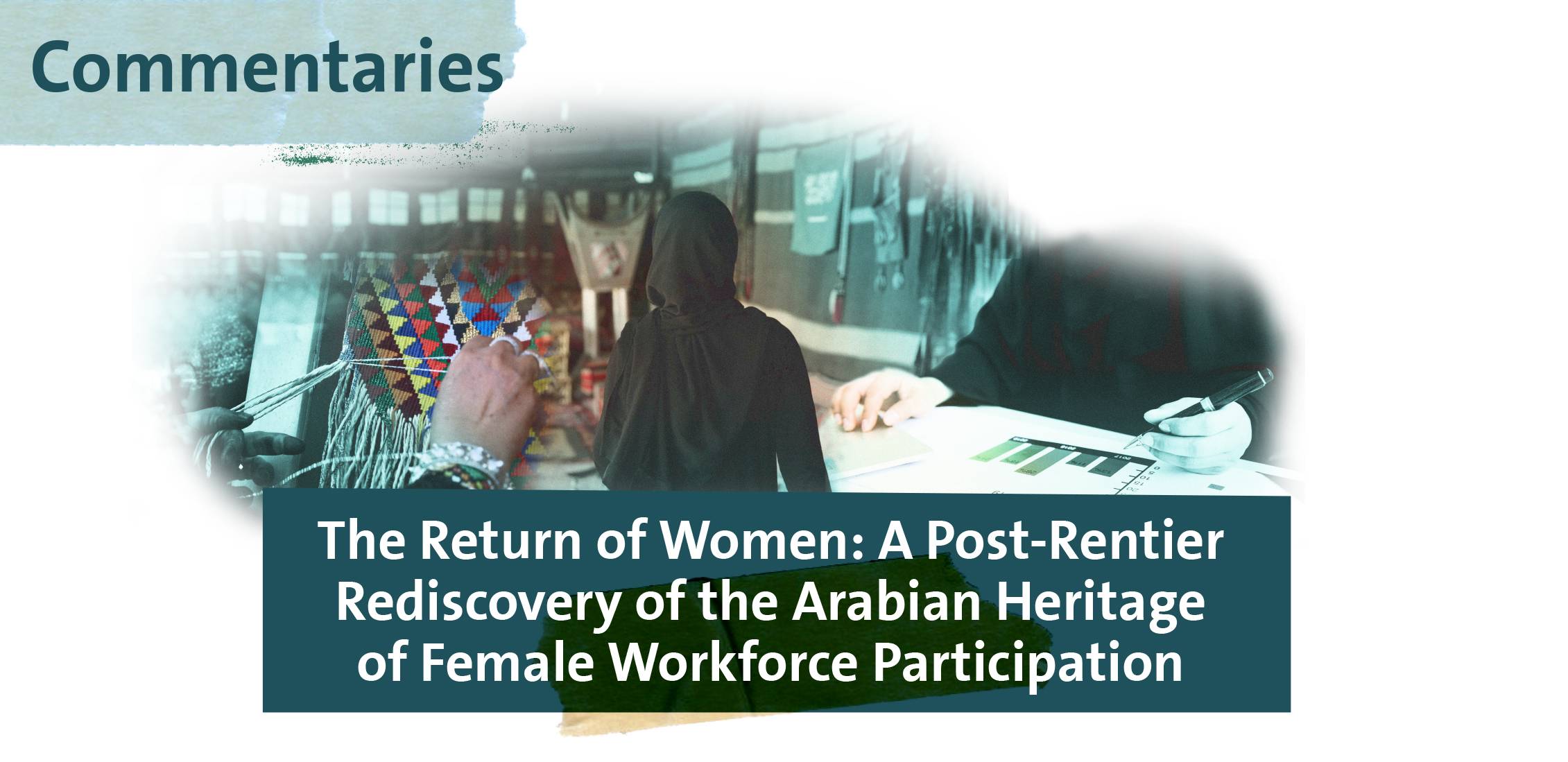
Number:
Author: Karolen Eid, Maha Fallatah, Makio Yamada
Over the past decade, Saudi women’s participation in the workforce has increased at a rapid pace. At the end of the 2000s, only 48,406 of Saudi women worked in the private sector; by the end of 2019, the number had leaped to 558,892. Although the figure is still half that of Saudi men (1,141,812), the change in the number of private-sector employees has lately been constantly higher among Saudi women than among Saudi men. While the number of Saudi men in the private sector decreased by 19,762 over the 12 months to the end of 2019, the number of Saudi women in the private sector increased by 16,493 in the same period.
From this, some
2020-06-29
| Can Lebanon Be Saved? Only if Citizens Reinvent Their Society and Avoid a New Civil War
2020-06-29
| Can Lebanon Be Saved? Only if Citizens Reinvent Their Society and Avoid a New Civil War
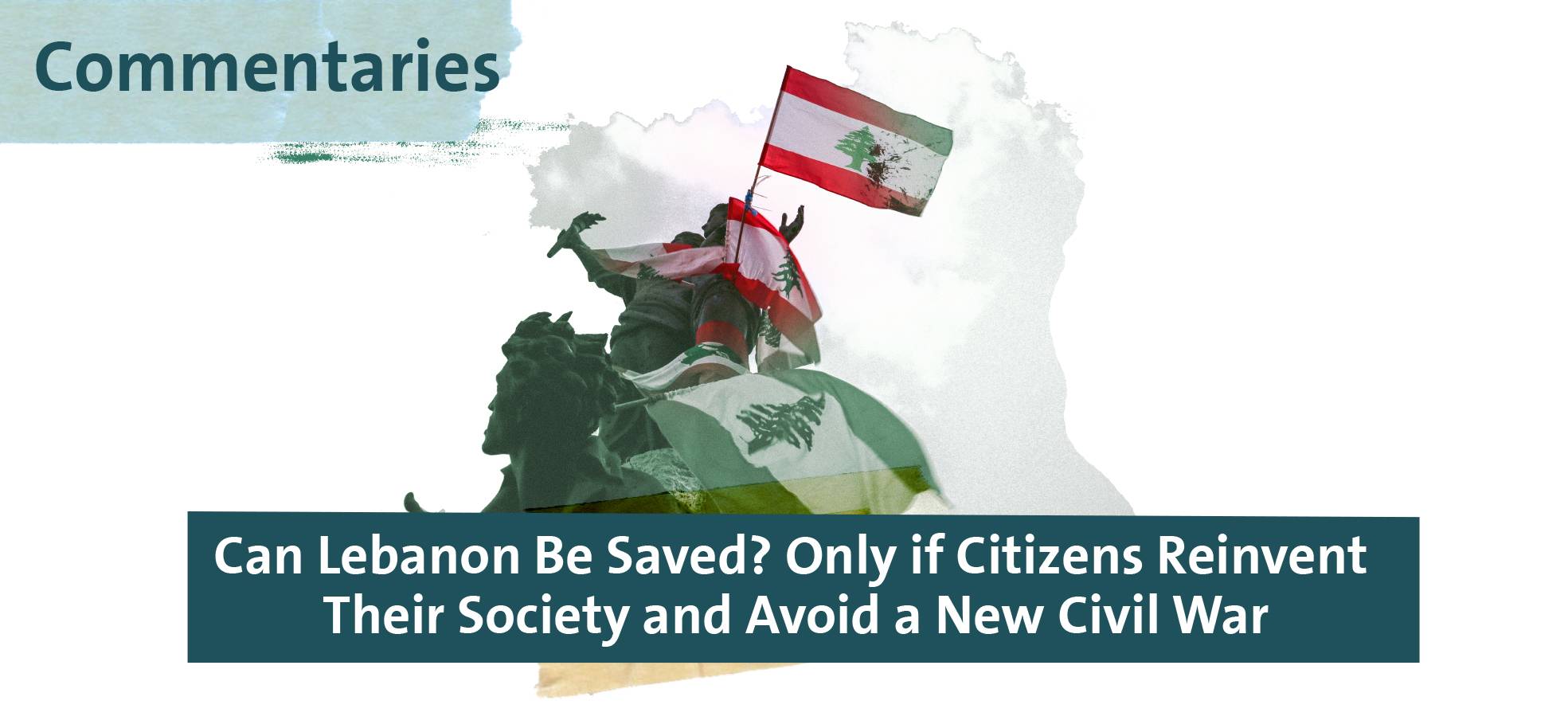
Number:
Author: Joseph A. Kéchichian
This commentary discusses sectarianism in Lebanon as demands for basic rights, meaningful political and economic reforms, and full-scale accountability in a country where successive leaders failed to tackle challenges. It asks whether Sunnis and Christians in Lebanon are in danger and raises the specter of forced expulsions of repatriations.

Number:
Author: Maha Fallatah
To develop the tourism sector as a main pillar of economic diversification, Saudi Arabia has been investing in heritage sites, museums, luxury resorts, and state-of-the-art entertainment venues across the country. One noteworthy fact about Saudi tourism is that, while increasing numbers of tourists travel by air and railways, the primary mode of domestic transportation, largely for nationals and residents, remains by land. In the first quarter of 2019, roads were used for 90.5% of domestic tourist transportation and 21.8% of international tourist arrivals. This suggests the importance of taking into account road travel experience as an indispensable element of Saudi tourism&mdas
Number:
Author: Rasheed Al-Khayoun
This month (April) marks the death of two Shite scholars, one of them Muhammad Kazem Shariatmadari (1985) who was imprisoned in his home and prevented from medical treatment for cancer by order of the Iranian regime and the Supreme Leader. He was diagnosed with cancer whilst in prison and was kept incarcerated despite being a great scholar. Muhammad Baqir al-Sadr was executed in Iraq in 1980, due to his Islamic political activity and his connection to the new Iranian regime which supported an Islamic revolution in Iraq. Islamic political parties in Iraq and Iran celebrate Sadr’s life during the anniversary of his execution, whilst they do not acknowledge the death of Shariatma
